Insurance Arbitration and Litigation in Alabama, Florida, and Louisiana
Fighting for policyholders throughout the Southeast
Disputes often arise when homeowners and business owners submit insurance claims. Disputes can center around issues of coverage, whether other insurance policies should pay the damage, the items that need repair, and the cost to repair property and damaged possessions. If a business is forced to stop operations, insurance companies will often contest how much money you are actually losing.
Ideally, most disputes are resolved through negotiation. When disputes can’t be resolved amicably, then you may need to file a legal claim. At Warhurst Law, we work aggressively to try to settle your case. Our insurance dispute attorneys have a strong record of obtaining just settlements for clients in Alabama, Florida, Louisiana, and throughout the Southeast. We are always prepared and ready to try your case in the correct legal forum.
What is arbitration?
Arbitration is a process that keeps you out of the courts. A form of alternative dispute resolution, arbitration is legally binding and enforceable.
How does arbitration work in an insurance dispute case?
There are generally two ways an insurance dispute is submitted to an arbitration panel. The first is when both the insured and the insurance company agree to have arbitrators decide the case. The second is when arbitration is required under the terms of the insurance contract. More and more, insurance companies have a provision in their policies called “mandatory arbitration.” This means that disputes must be decided by a board of arbitrators.
Each state generally has its own set of rules in arbitration to ensure some level of fair play. There are separate arbitration rules for federal disputes.
Arbitration rules generally cover the following issues:
- How an arbitrator is selected or appointed and how many are appointed. Usually, an odd number are chosen to ensure that there will be a final decision. Often the parties each choose an arbitrator and then those two arbitrators choose a third arbitrator.
- Legal counsel. Each side normally does have the right to be represented by a lawyer. The insurance company will almost certainly have a lawyer so you should also have an experienced lawyer on your side.
- Discovery before the hearing. The arbitrator(s) have the authority to require that the parties and witnesses submit to oral depositions – a formal question and answer process.
- The hearing. Like a formal court hearing, both the insured and the insurance company have the right to present their case.
- The decision process. Arbitrator(s) can generally order that an insurance company pay the damages they owe according to the terms of the contract. They can include an order for punitive damages. They can also deny the insured’s claim – something we always work to avoid.

